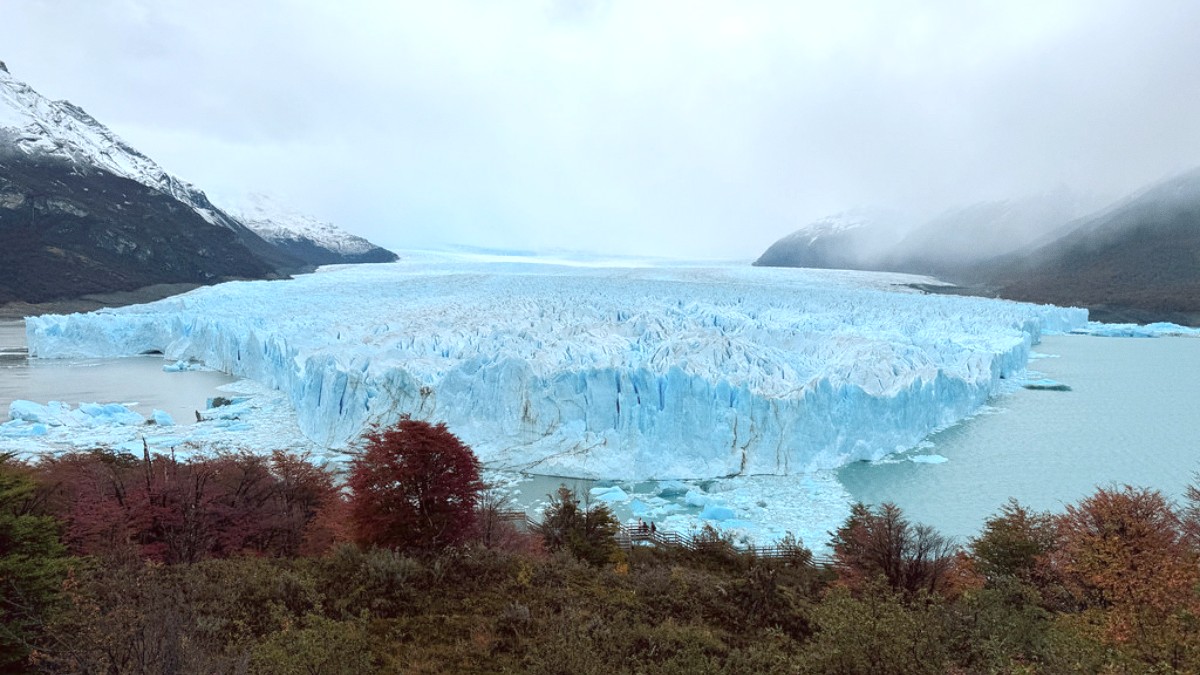
Southern Patagonia, Chile
Torres del Paine National Park enforces strict rules to protect its delicate environment. Always stay on marked trails to prevent erosion and shield fragile vegetation.
Pack out everything packed in, including all trash (wrappers, fruit peels, tissues). Use designated bins where available. Reduce waste by using reusable water bottles and shopping bags.
Absolutely no open flames or smoking on trails or outside designated camping areas. Wildfires present a severe risk, especially in summer. Use only approved stoves in designated areas.
Embracing practices that minimize your ecological footprint.
Direct actions that help preserve the natural world.
Making informed decisions about purchases and services.
Supporting local waste management efforts.
Contributing to broader environmental causes.
Shop for durable and ethically produced outdoor clothing and equipment from brands committed to sustainability, like Patagonia.
Visit PatagoniaChoose tour operators that prioritize ethical travel, local engagement, and environmental protection, like G Adventures.
Explore G AdventuresAdopting sustainable practices protects its natural wonders for future generations. Your mindful approach makes a difference.
Fostering positive interactions and economic benefits for local communities.
Guidelines for meaningful cultural exchanges.
Your spending choices directly boost the local economy.
Choosing products that benefit artisans directly.
Being mindful of activities that may cause harm.
Embrace the unique spirit of Patagonia by supporting and learning from its people.
Travelers connecting with locals through shared experiences and mutual respect enriches their journey.
Every traveler's decision holds power. Choosing to engage responsibly and support local initiatives directly fosters a and sustainable future for Puerto Natales and Patagonia.
Further guidelines for a positive environmental and social footprint.
Actions that preserve the natural environment.
Minimizing your impact through smart waste choices.
Engaging with locals and their traditions thoughtfully.
Direct contributions that benefit the community.
Investing in a future for Patagonia.
Minimize your environmental footprint. Every step you take, from waste to wildlife interaction, influences the delicate ecosystem.
Engage with the local community in a way that promotes dignity and mutual understanding. Support their way of life.
Your financial choices strengthen the local economy. Patronize local businesses and services for direct benefit to the region.
Always communicate your itinerary to someone reliable, especially before venturing into remote areas. Carry emergency supplies and a fully charged communication device. Patagonian weather can change rapidly.
Your thoughtful actions contribute to the long-term health and beauty of this extraordinary region. Responsible tourism helps keep Patagonia wild and welcoming for future generations.